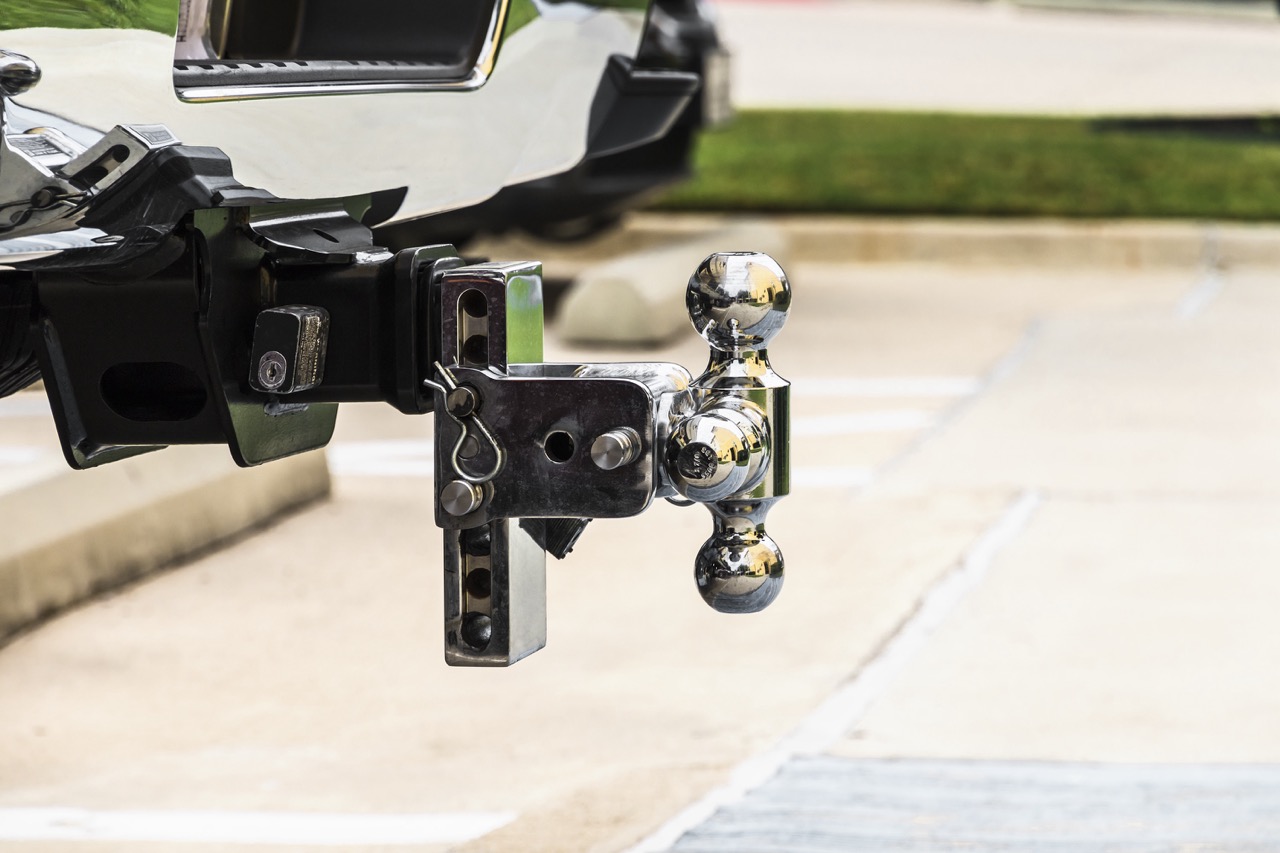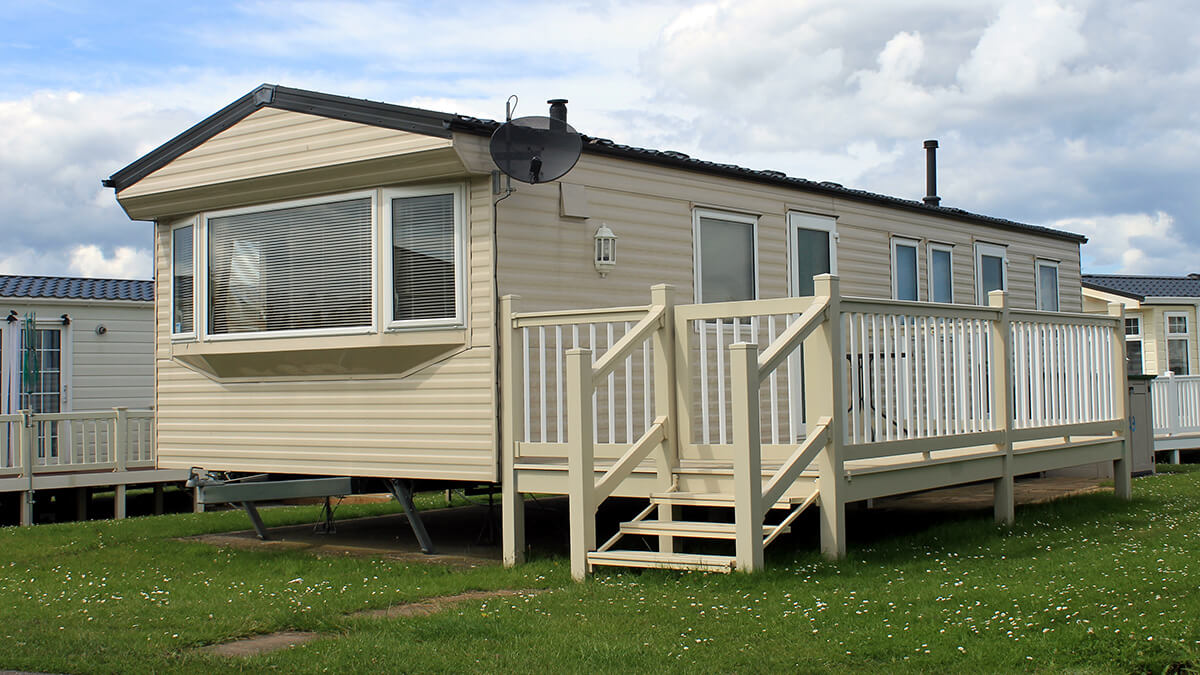What Are the Different Types of Trailer Hitches

When it comes to towing trailers, whether for work or recreational purposes, having the right trailer hitch is crucial for ensuring safety and efficiency. Trailer hitches are devices that enable a vehicle to tow another by providing a secure connection between the two. There are various types of trailer hitches available, each designed to suit different towing needs. In this guide, we'll delve into the world of trailer hitches, discussing the various types, their classifications and some things to know to help you choose the right one for your specific requirements.
What types of trailer hitches are there?
Trailer hitches generally come in three basic styles: receiver, fifth-wheel and gooseneck.
It's said that receiver hitches are the most common, and they're broken up into five classes.
What are the classes of trailer hitches?
Some experts in the field explain the five classes as follows:
- Class 1 Trailer Hitch:
Designed for light-duty towing and typically used for small trailers, such as bike racks and lightweight cargo carriers. They have the lowest towing capacity among all classes, making them suitable for compact cars and sedans.
- Class 2 Trailer Hitch:
Offers a step up in terms of towing capacity. They are often used for towing small trailers and boats. Vehicles with a Class 2 tow package can tow a bit more weight than those with a Class 1 hitch. This class is suitable for midsize cars, SUVs and crossovers.
- Class 3 Trailer Hitch:
One of the most common types and ideal for towing larger loads. They are often used for towing medium-sized trailers, including travel trailers, larger boats and small campers. Class 3 hitches are commonly found on SUVs and trucks and offer a significant increase in towing capacity compared to Class 2 hitches.
- Class 4 Trailer Hitch:
For heavy-duty towing needs, a Class 4 hitch might be the way to go. These hitches are meant to handle larger trailers, such as heavy-duty campers, horse trailers and larger boats. Trucks and full-sized SUVs are usually equipped with Class 4 hitches due to their substantial towing capabilities.
- Class 5 Trailer Hitch:
The biggest of the bunch, Class 5 trailer hitches are made for super-duty purposes, and they're commonly found on commercial work trucks. If you need one of these, you should also look into whether you need a commercial auto insurance policy.
What class hitch do I need?
The type of hitch you need depends on the specific trailer you plan to tow. For most midsize SUVs and trucks, a Class 2 or Class 3 hitch may get the job done. However, if you have a larger travel trailer or plan to carry additional cargo, upgrading to a Class 4 hitch might be necessary. That said, if you still don't know, consider contacting an expert.


